International Association for Translation and Intercultural Studies
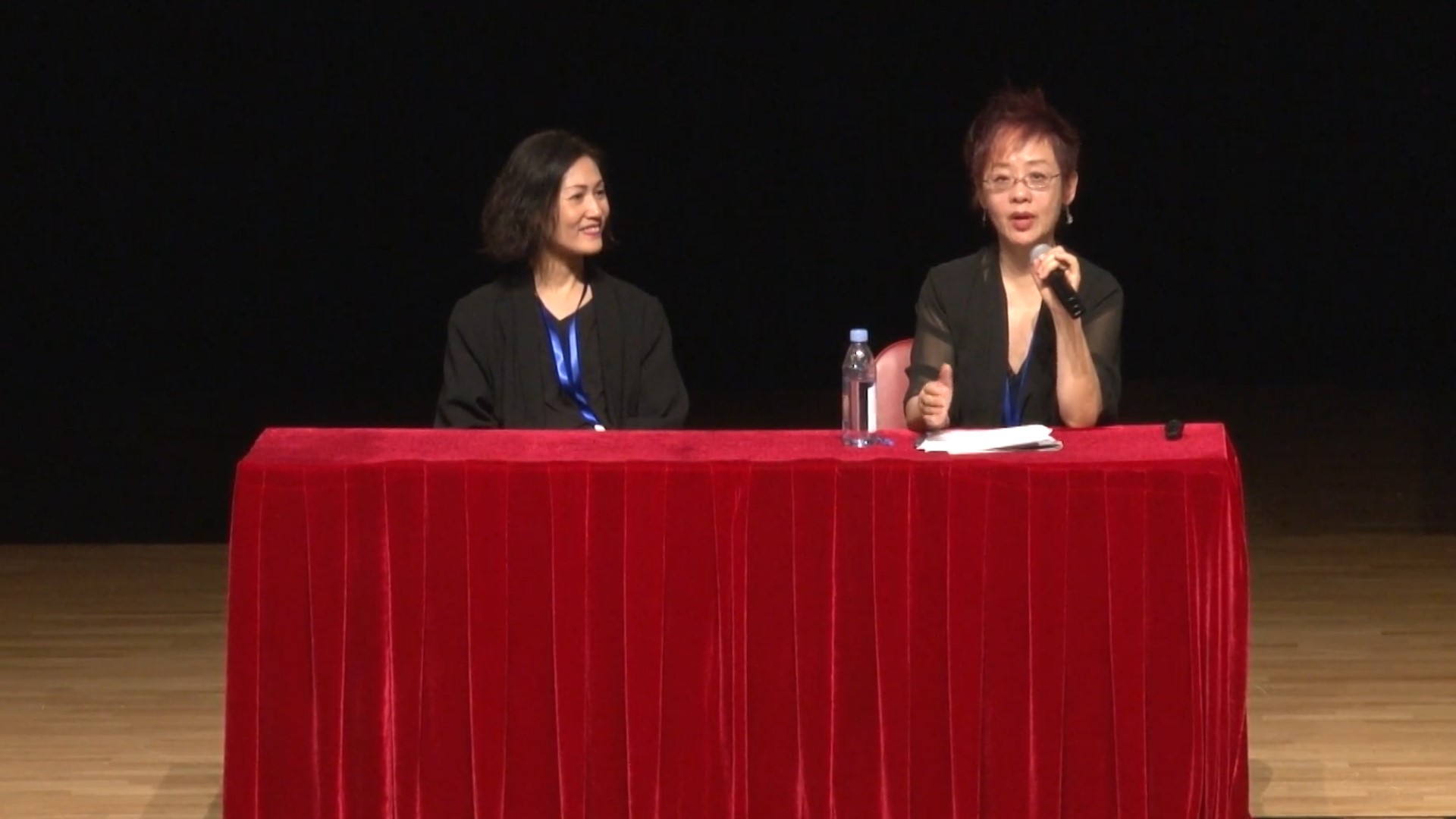
Inaugurating Translations
2018 | 84 mins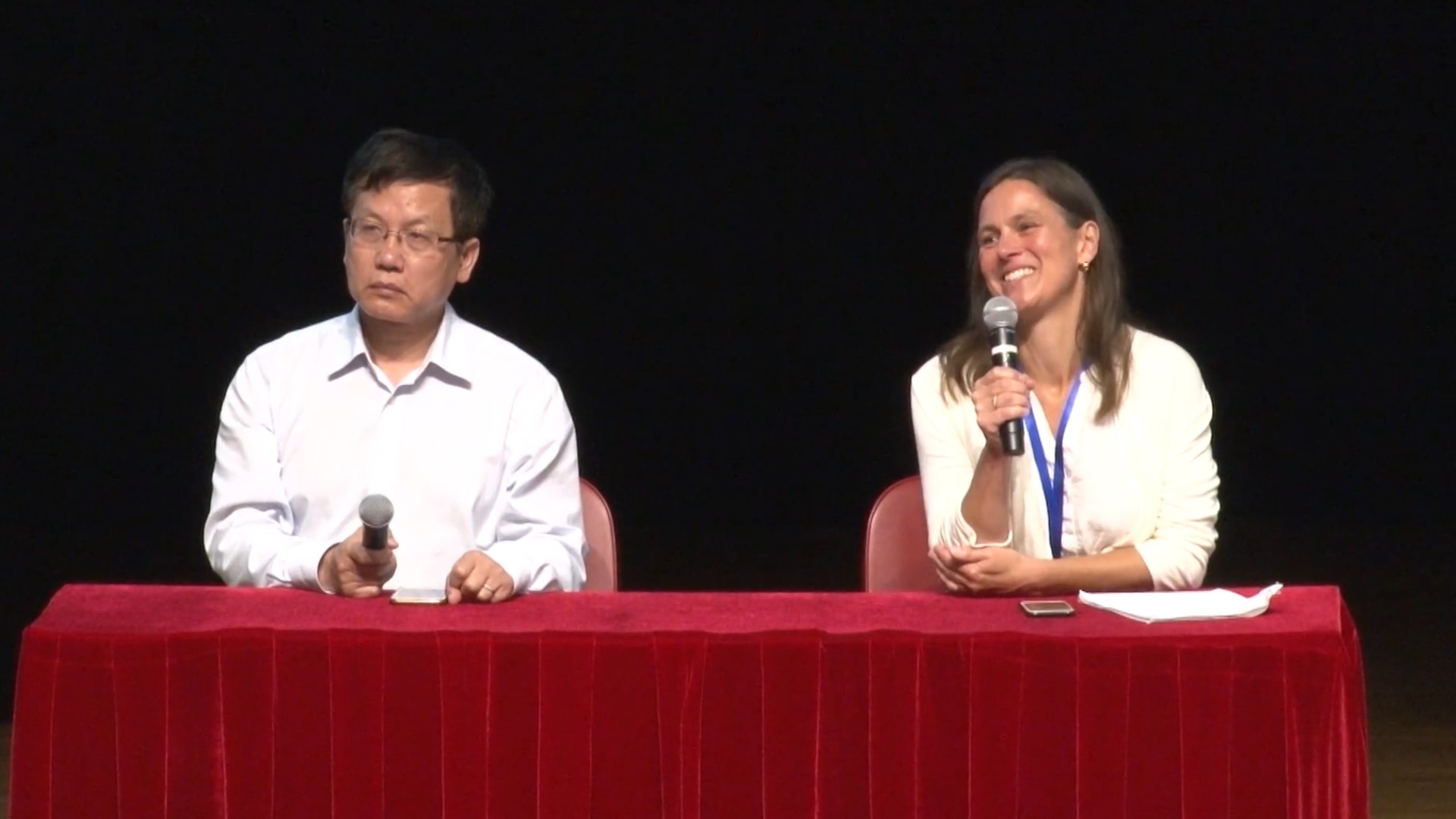
Cultural Encounters Revisited. The Need of Community Interpreting in Times of Global Migration
2018 | 90 mins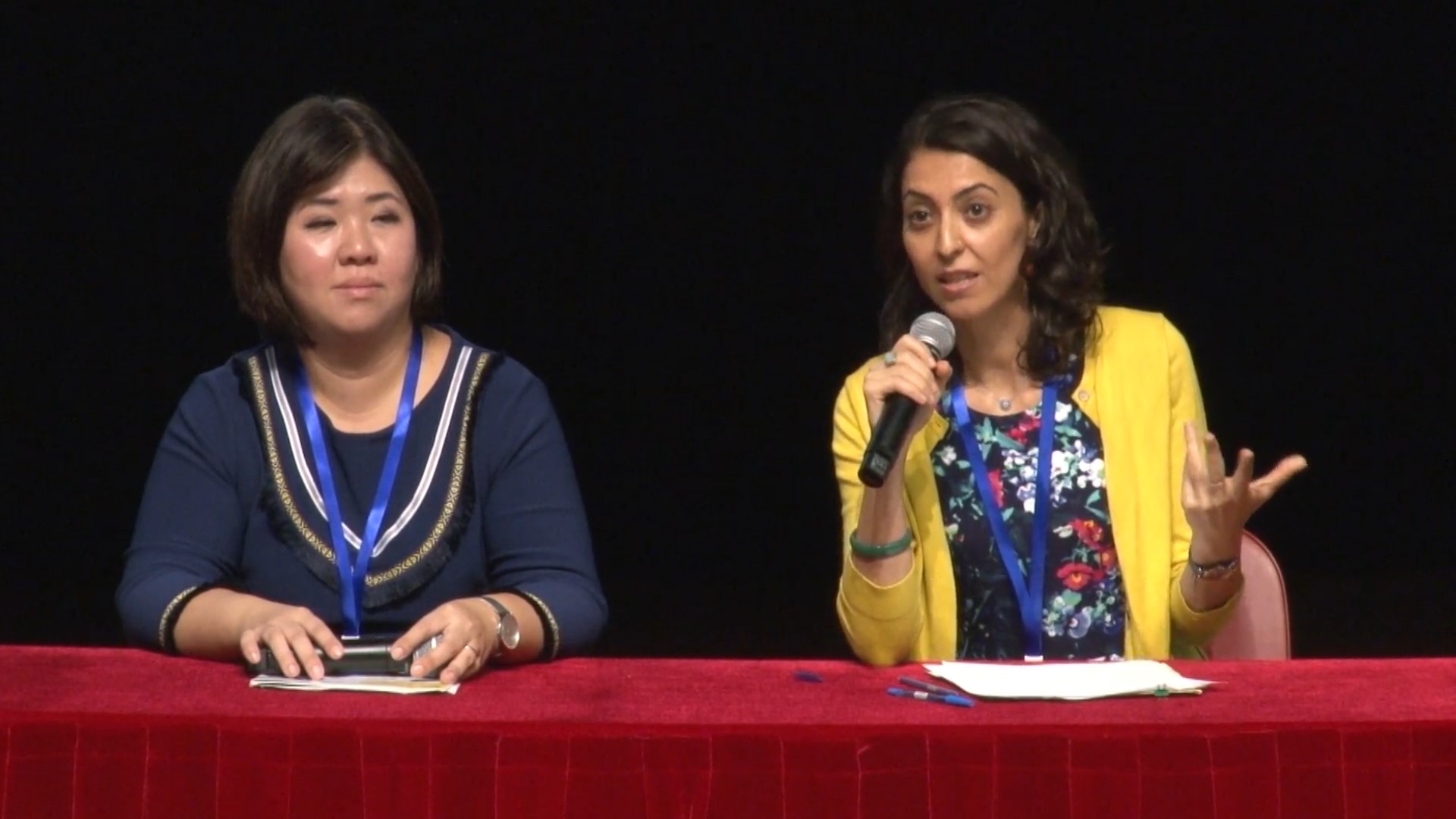
Virgin on the Move: Reconfiguring Transnational Feminist Solidarity in Translation
2018 | 89 mins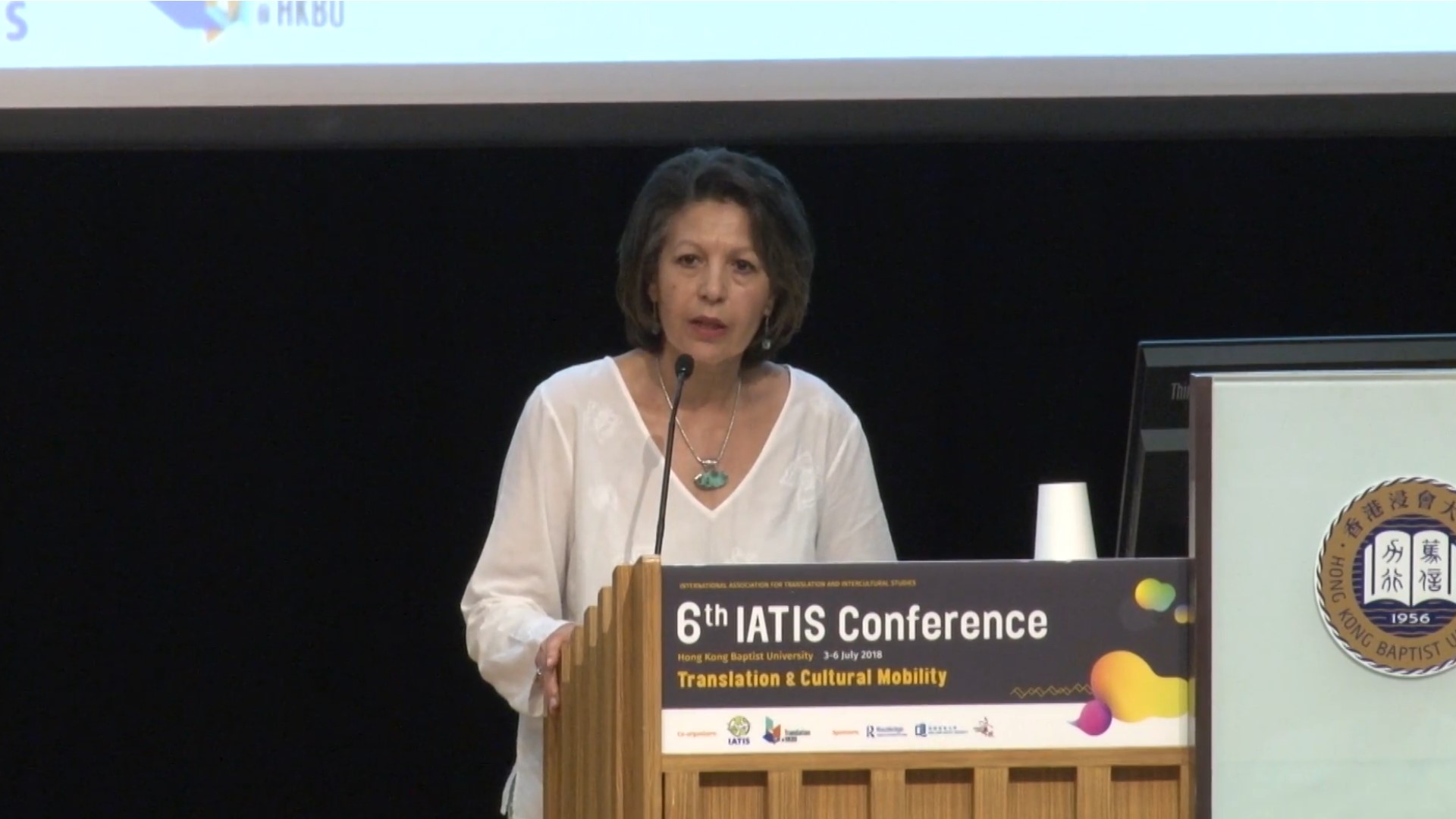
Linguistic Currencies: The Politics of English in Southeast Asia and the US
2018 | 91 mins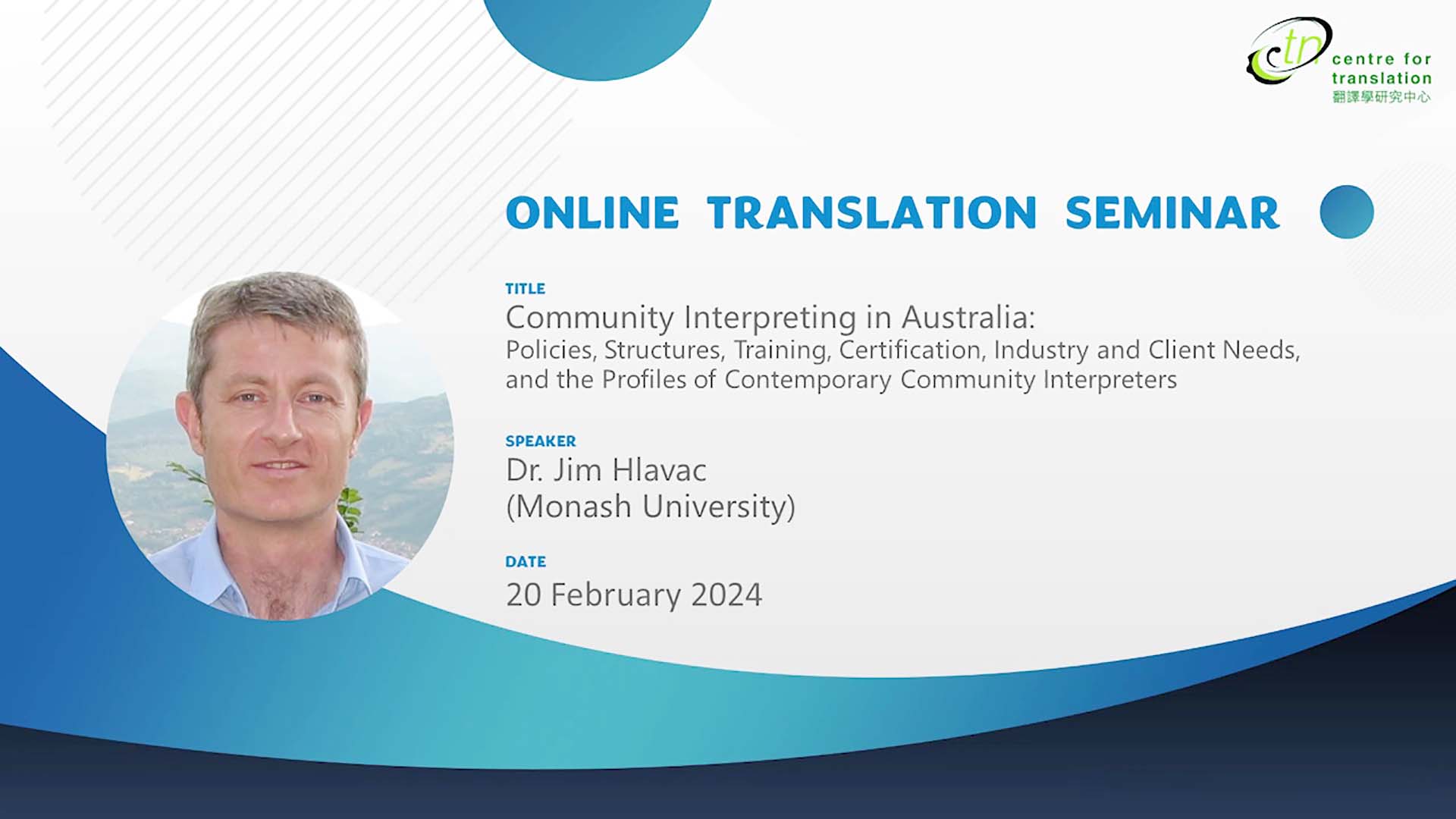
Community Interpreting in Australia: Policies, Structures, Training, Certification, Industry and Client Needs, and the Profiles of Contemporary Community Interpreters
2024 | 117 mins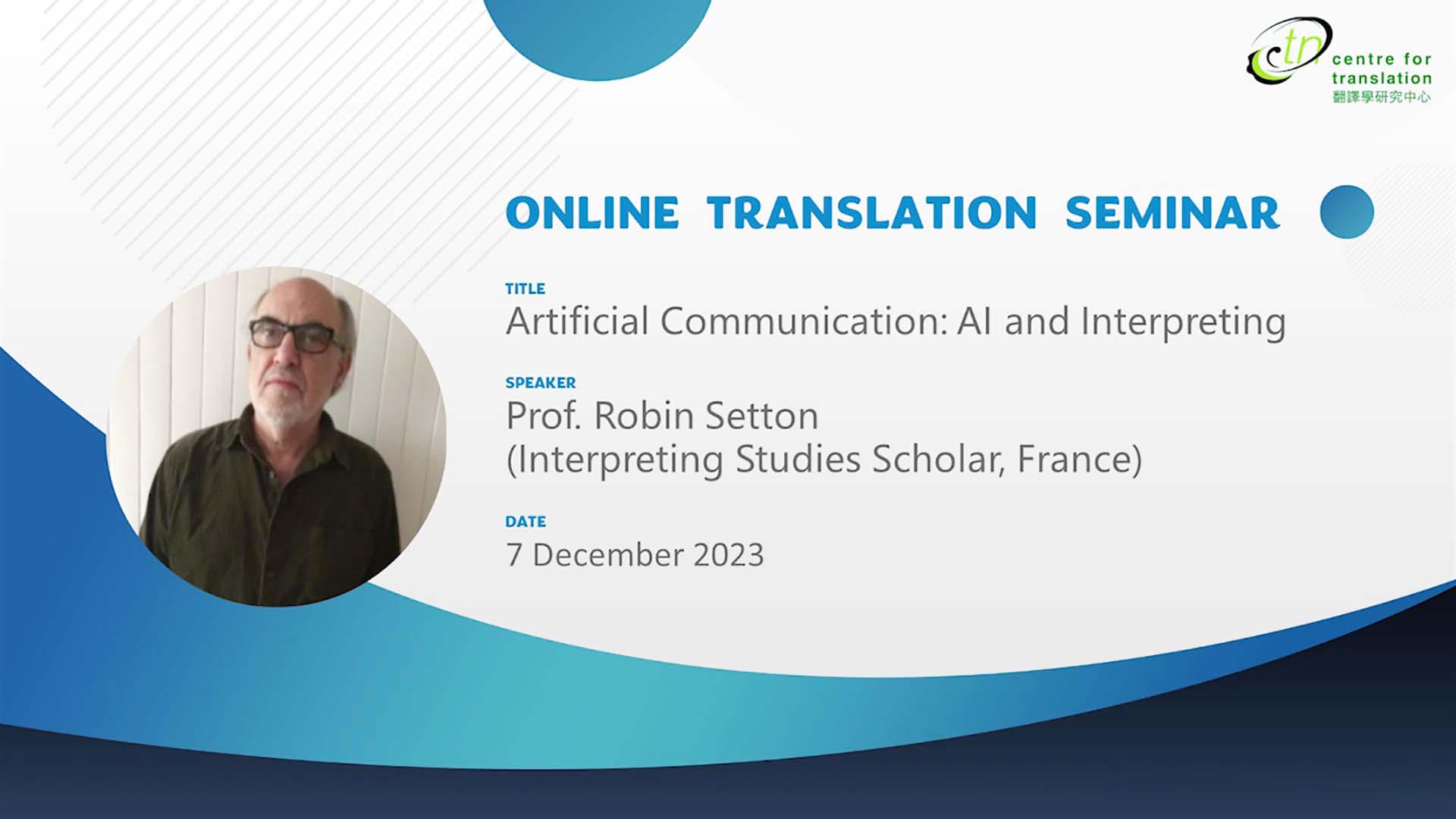
Artificial Communication: AI and Interpreting
2023 | 124 mins
My Appointment with Onegin: Charles Johnston, Douglas Hofstadter and Stanley Mitchell
2023 | 60 mins
Artificial Intelligence and Financial Translation
2023 | 121 mins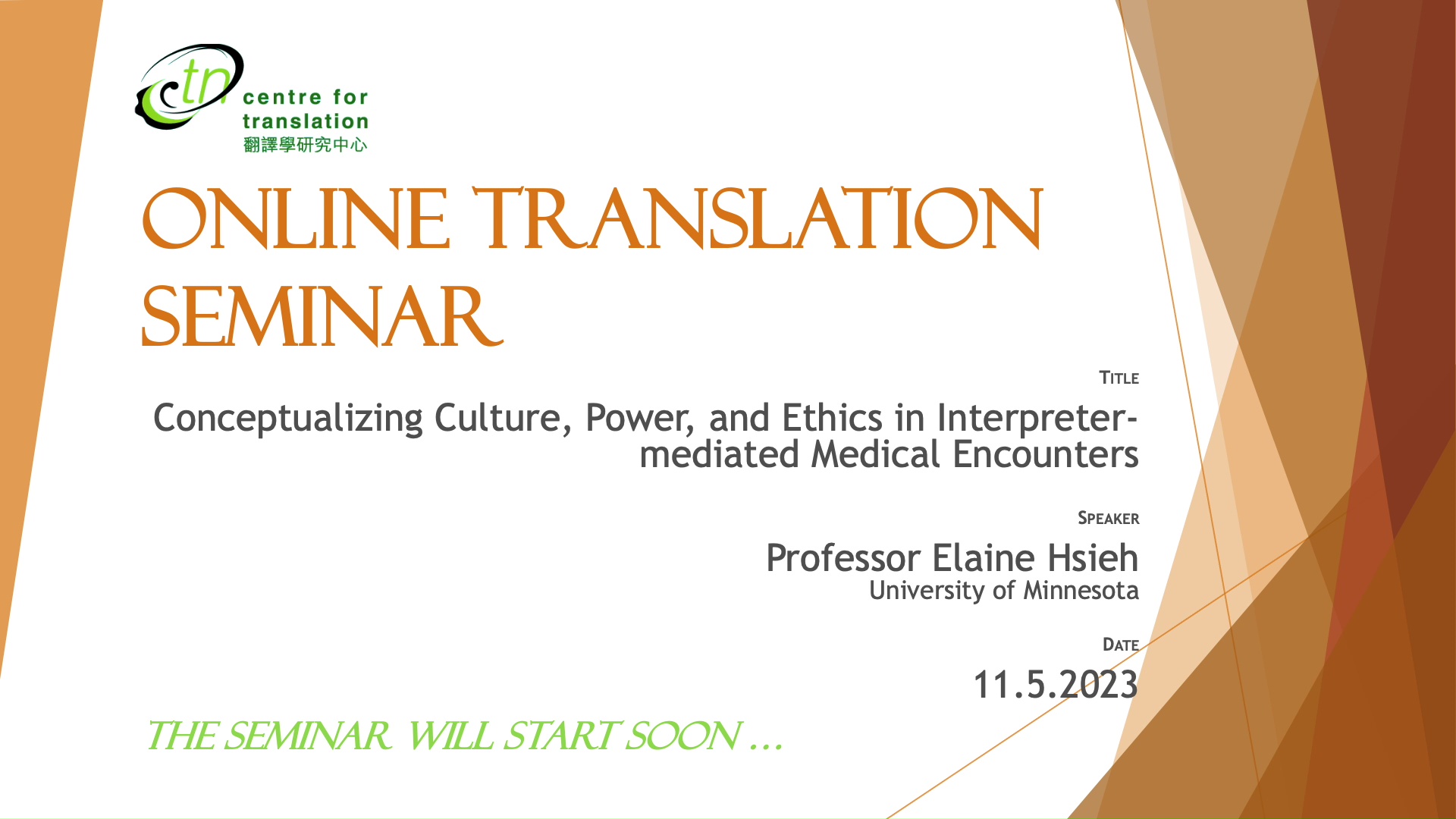
Conceptualizing Culture, Power, and Ethics in Interpreter-mediated Medical Encounters
2023 | 119 mins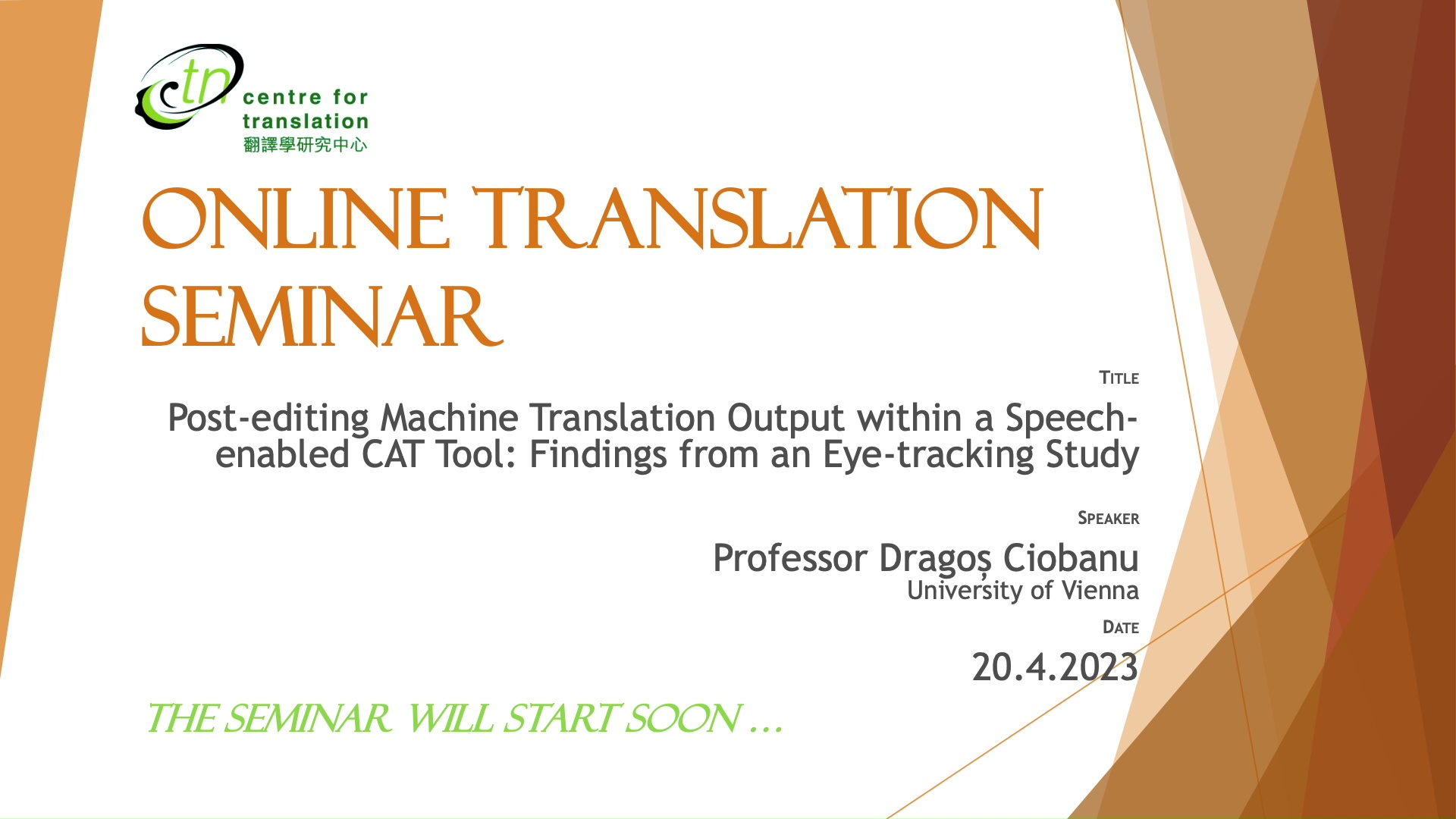
Post-editing Machine Translation Output within a Speech-enabled CAT Tool: Findings from an Eye-tracking Study
2023 | 121 mins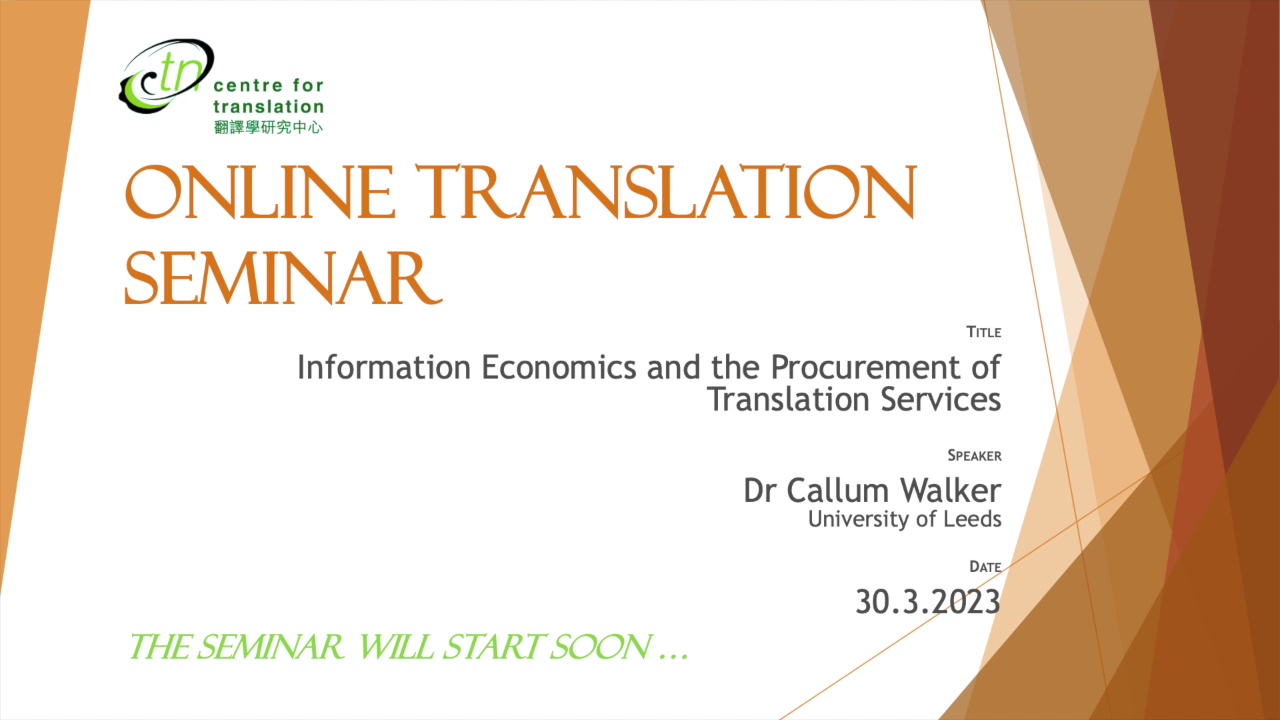
Information Economics and the Procurement of Translation Services
2023 | 122 mins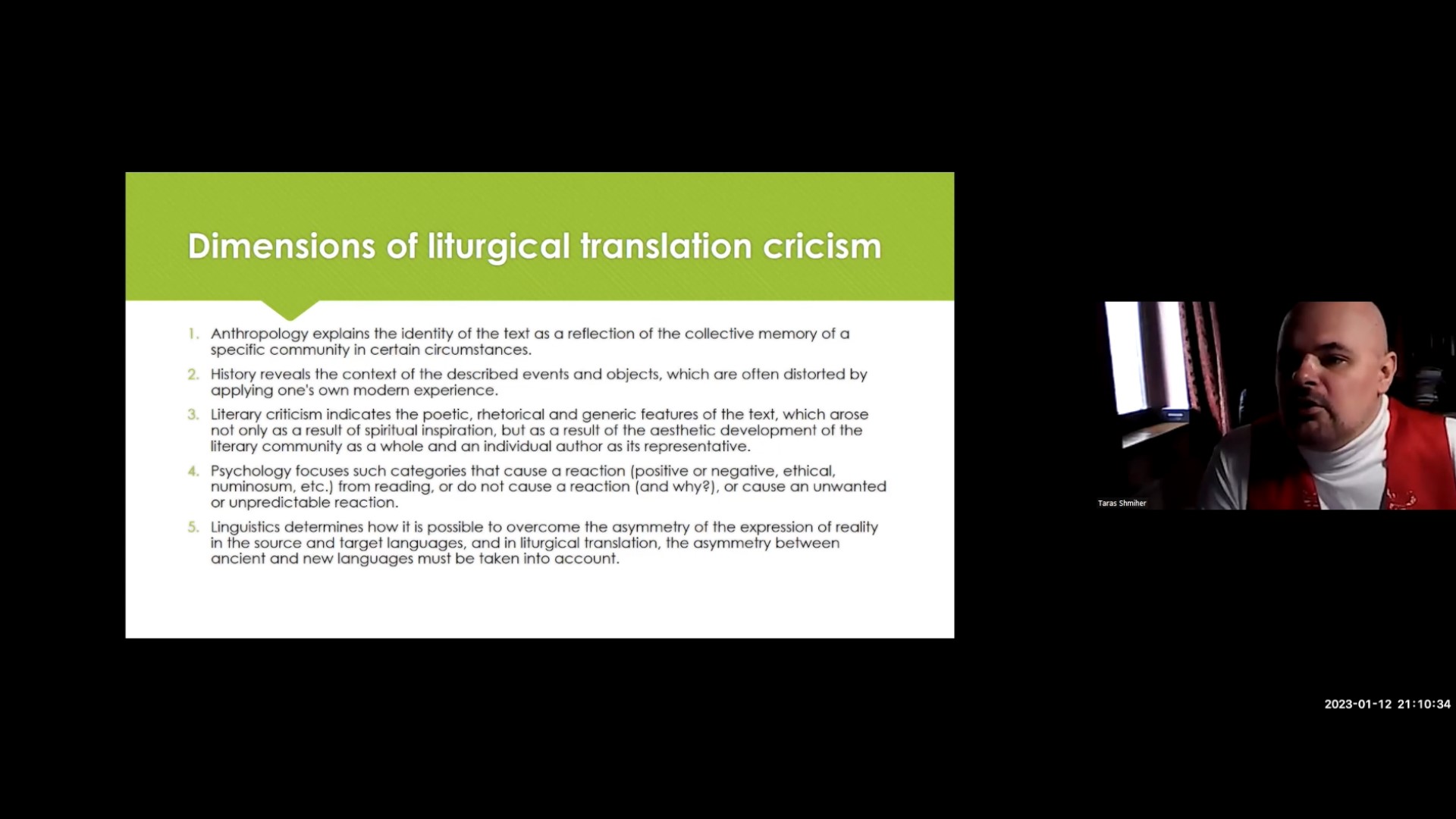
Liturgical Translation as a Domain of Translation Studies
2023 | 82 mins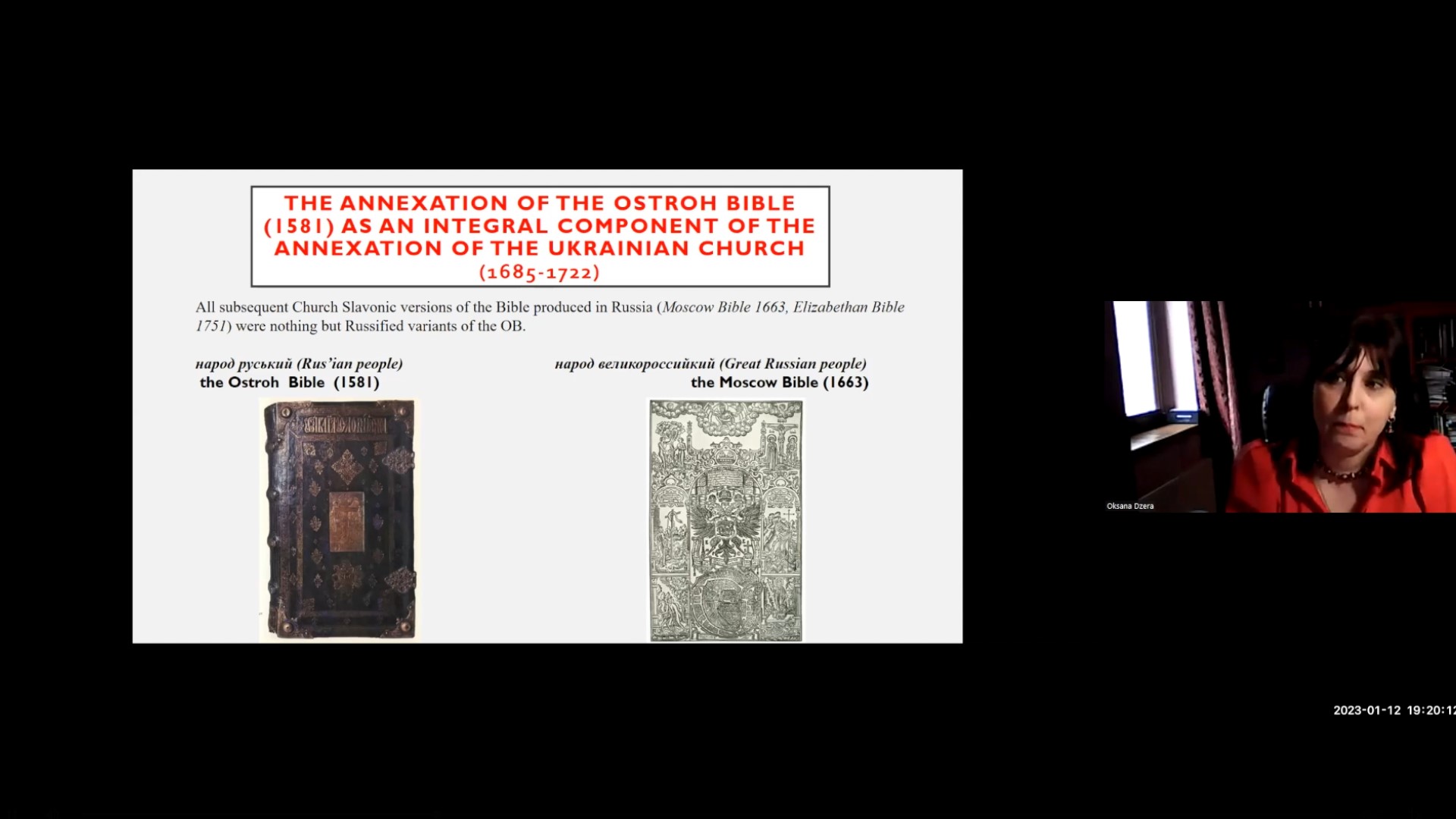
Ukrainian Bible Translation: The Case of Resistance and Exile
2023 | 70 mins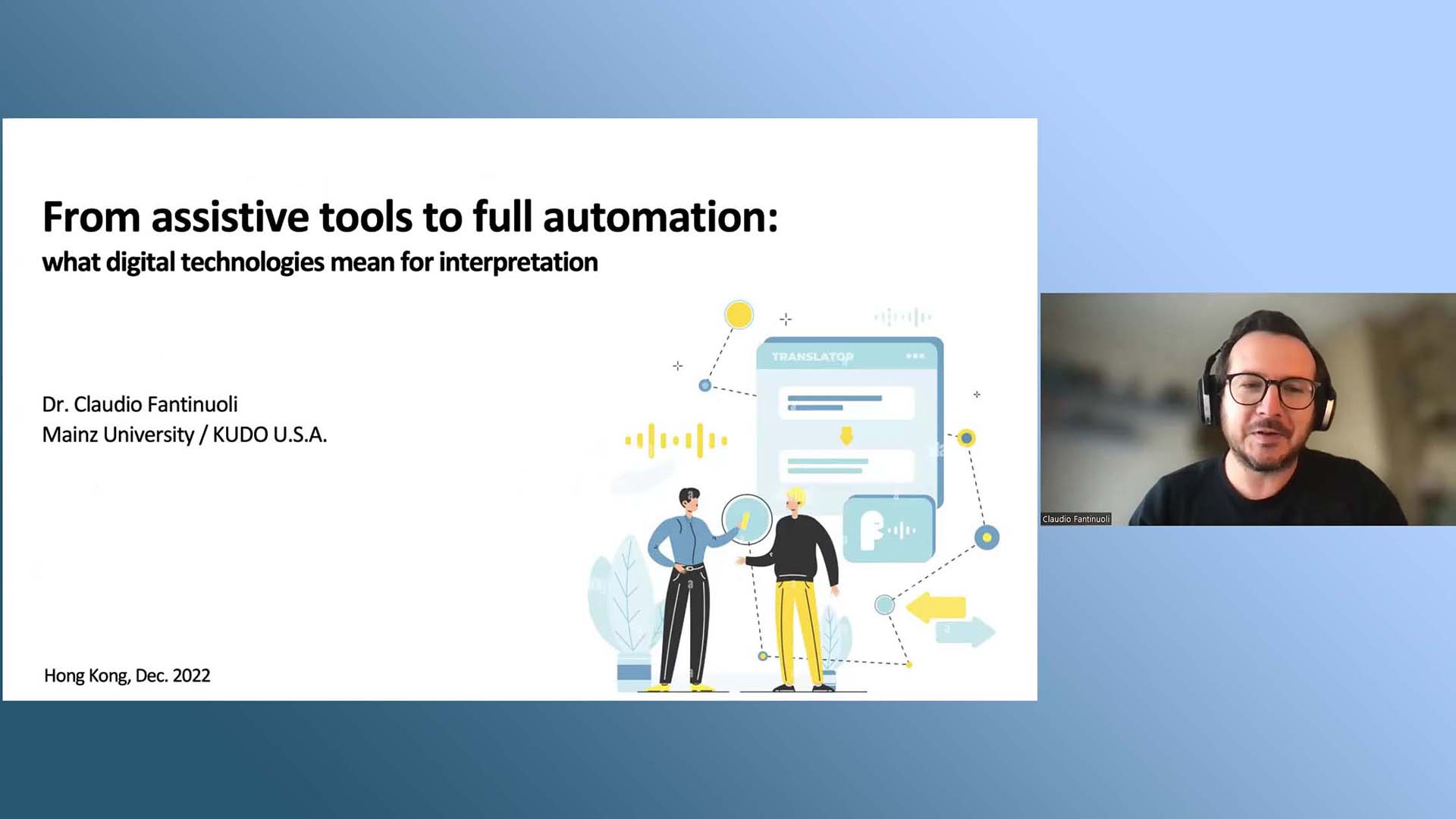
From Assistive Tools to Full Automation: What Digital Technologies Mean for Interpretation
2022 | 68 mins






